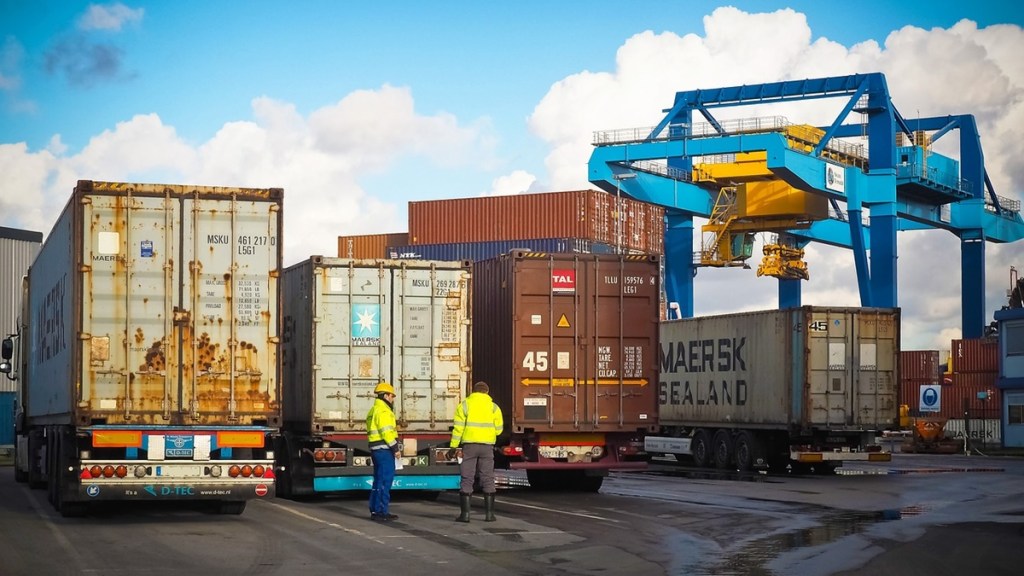By Rahul Mehra
In the current economy, it is difficult to overstate the impact of global trends on hyperlocal markets. Globalization refers to the movement of commodities, services and people around the world and this new pattern is how businesses and logistics are operating internationally. As markets expanded, especially during the COVID crisis, the movement of goods needed to be facilitated taking into account the greater risk, greater responsibility and greater bandwidth for reward. As the logistics sector also expanded to accommodate globalization and new technologies and regulations came into play to ease operations, the sector was forced to always stay ahead of the curve to ensure seamless deliveries while maintaining minimal costs.
Constantly improving key performance indicators (KPIs) while ensuring high costs aren’t incurred has thus, become a norm for the logistics company. With the world getting smaller and consumers gaining access to markets far and wide, competition in the logistics industry grew massively. Vying for consumer attention and to gain the biggest piece of the pie, logistics companies due to globalization are looking to cut that competition.
Also Read: Nifty likely to register new record high soon; stick to ‘buy on dip’ approach till positive trend intact
To stay relevant among the competition, logistics companies need to be agile, robust and keep evolving. An increase in options available to the consumer is driving this need for flexibility. Here’s how globalization is opening complexities in the logistics sector –
New customer base around the world – Increasing and simplifying communication between retailers, vendors and consumers, Globalization has made it easier to penetrate new markets. This augmented need to stay connected with customers no matter their geographical location further pushes logistics companies to optimize operations while maintaining low costs.
Expanded sourcing opportunities – Retailers now have the option of diversifying their vendors and increasing production to care to a larger consumer base. While this is an opportunity, it hit does increase significant costs as well. This is another juncture wherein the logistics companies need to strategies and ensure that the costs are not very steep while performance remains superlative.
Larger product portfolio – Global sourcing opportunities help retailers in increasing their portfolio of products. This coordination between varied pickup points, markets, warehouses, etc. Easier access to markets that are far and wide help retailer expand and diversify as well thus presenting them with more opportunities to capitalize. Increased options of capitalizing also indicate and drive businesses to save on spending and incur a greater chance of profit which also includes closely monitoring the logistics arm for maximum profit generation.
The diversification of markets has made supply chains more complex. Instead of having a small pool of customers that the companies are answerable to, the retailers are now dealing with a much wider consumer base worldwide. The profits come wth greater risks and require closely monitored processes. This is especially true for the logistics arm as well. With globalization and increased collaboration worldwide, the logistic sector needs to streamline everything from sourcing and on boarding to PO management, documentation, deliveries etc while maintaining KPIs or quantifiable measures of performance over time for specific objectives to ensure that the stakeholders involved are kept abreast of the same.
Also Read: Nykaa shares recover losses, jump 3%; stock down 44% YTD, should you buy, hold or sell?
Globalization has made supply chains busier. It has brought on what is known as the ripple effect. Supply chains are not linear anymore and the strategies need to reflect the same. As a sector that truly drives business in this day and age of e-commerce and Commerce, maintaining KPIs while optimizing costs to ensure customer acquisition and retention is at the forefront of logistics management.
(Rahul Mehra, Co Founder Roadcast, The views expressed in the article are of the author and do not reflect the official position or policy of FinancialExpress.com.)

